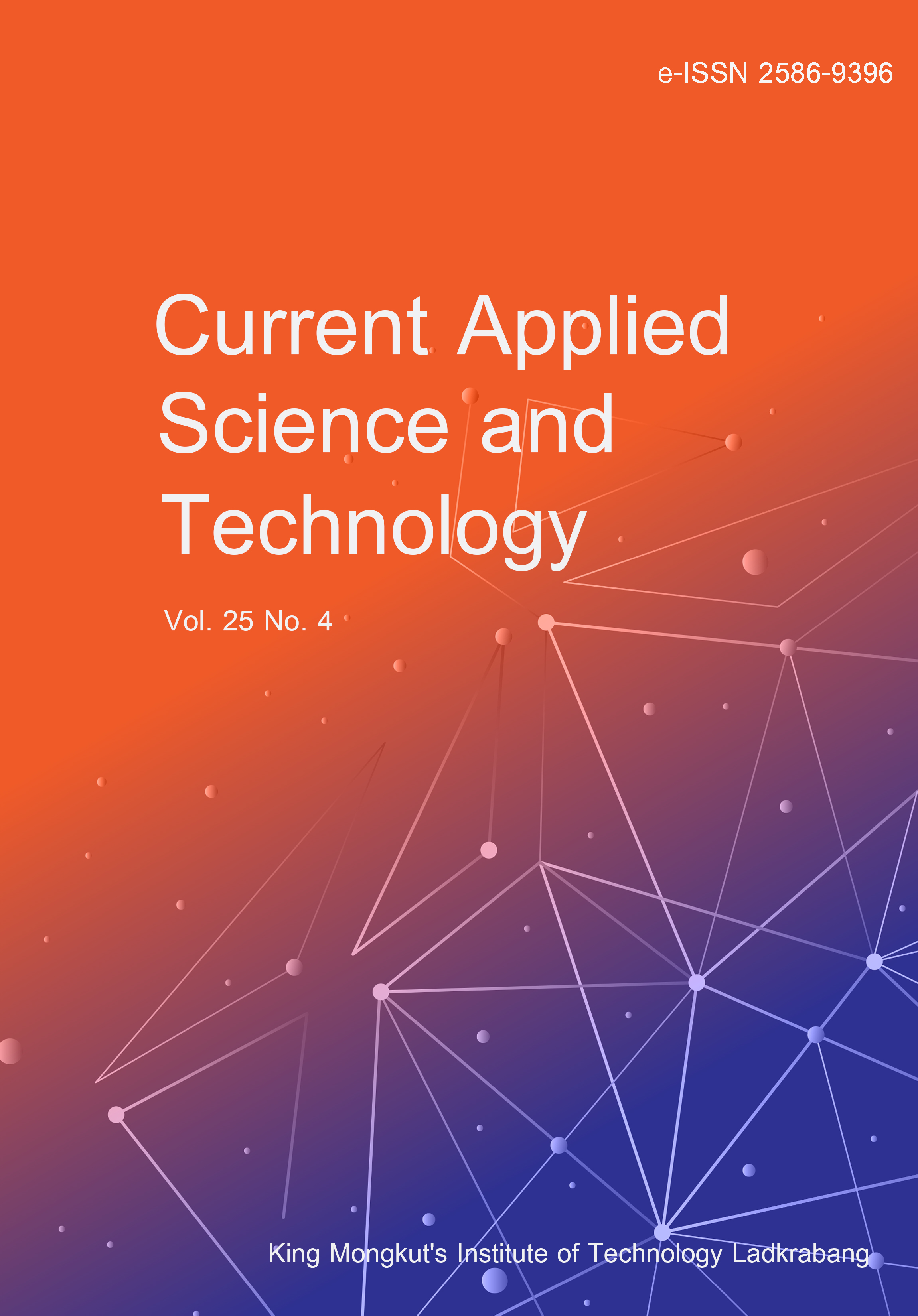The effects of vermicompost (VC) application combined with Enterobacter asburiae inoculation and river water irrigation significantly improved soil fertility in order to promote growth, yield and quality, and reduce arsenic uptake by peanuts, which were grown on As-contaminated soils and irrigation water. This research was conducted in Phuochung, Anphu town, Angiang province, Vietnam. The field research was performed in a 2x2x2 factorial randomized complete block design with four replications. Treatments were designed in three factors such as factor (A): VC (0.0 and 10.0 t/ha application); factor (B): E. asburiae, (inoculation and non-inoculation); and factor (C): irrigation water (river and deep well water), respectively. The results showed that applying 10t VC per ha combined with E. asburiae inoculation and non-As-contaminated water irrigation increased soil chemical properties, agronomic indicators, yield components, yield, and quality, and reduced As accumulation in peanut stems and seeds compared to control (non VC application, non E. asburiae inoculation, and deep well water irrigation). Moreover, the three factors, VC, E. asburiae inoculation and type of irrigation water, showed strong interaction among the agronomic traits, yield components, and yield of peanuts.
Van, C. N. . (2025). Influences of Enterobacter asburiae, Vermicompost Rates and Irrigation Water Types on the Soil Fertility, Peanut Yield and Quality. Current Applied Science and Technology, e0260428. https://doi.org/10.55003/cast.2025.260428


https://cast.kmitl.ac.th/doi/10.55003/cast.2025.260428